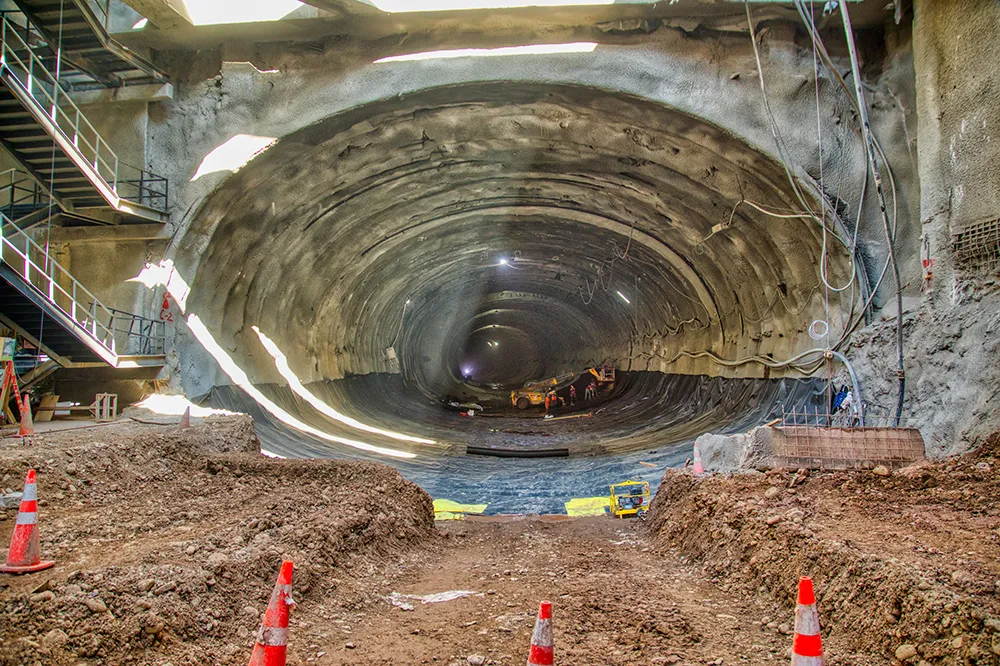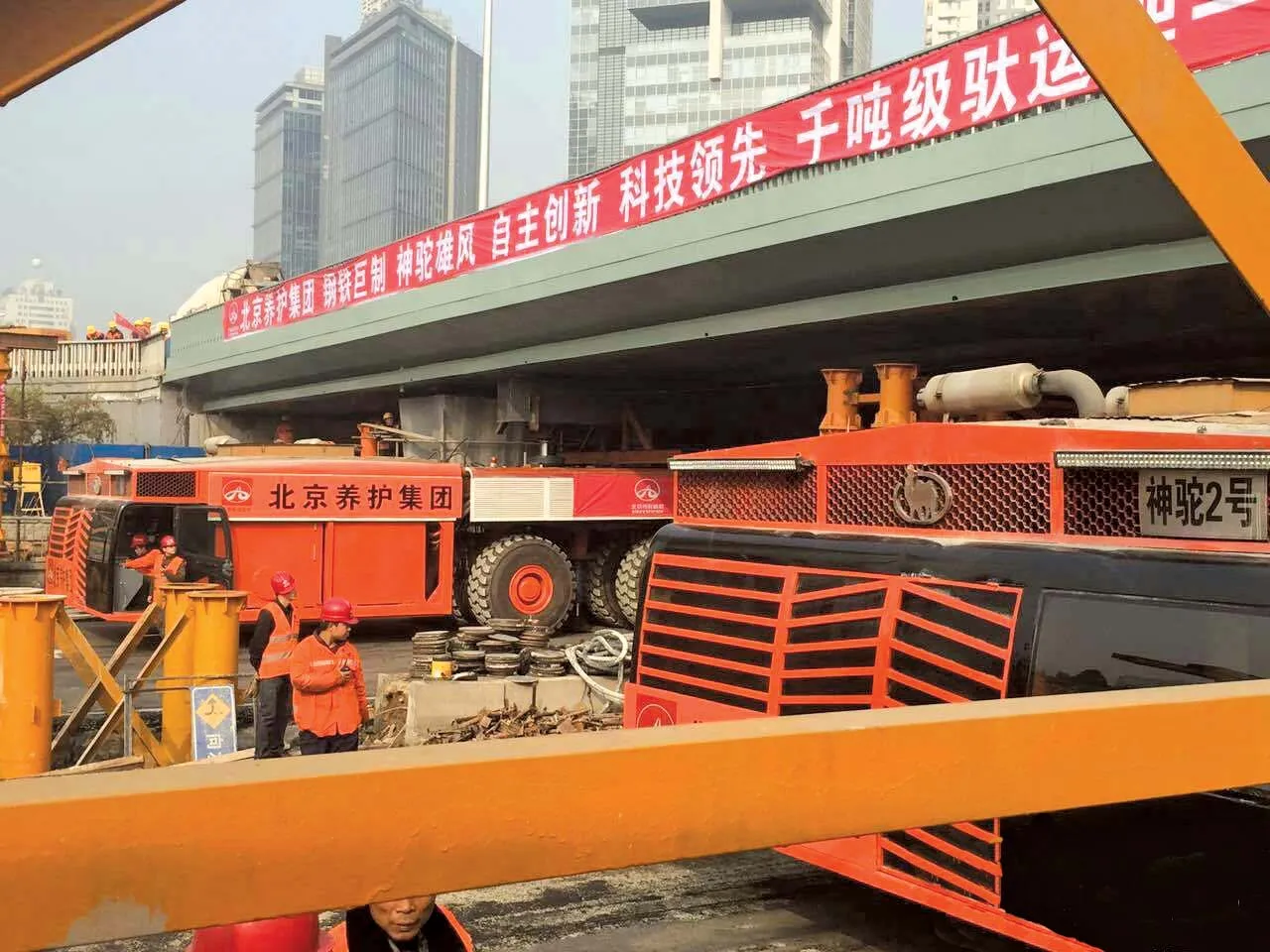Istanbul’s new Eurasia Tunnel has been opened for traffic, connecting the Asian and European side of the Bosporus strait. The new link will help reduce congestion in Istanbul and should cut travel times to just 15 minutes for drivers using the link. The tunnel runs from Kazlıçeşme on the European side to Göztepe on the Asian side of the Bosporus strait.
The new route is 14.5km long, with a 5.4km tunnel stretch lying up to 106m below the Bosporus Strait and features two decks for vehicles and it is expect
December 22, 2016
Read time: 2 mins
Istanbul’s new Eurasia Tunnel has been opened for traffic, connecting the Asian and European side of the Bosporus strait. The new link will help reduce congestion in Istanbul and should cut travel times to just 15 minutes for drivers using the link. The tunnel runs from Kazlıçeşme on the European side to Göztepe on the Asian side of the Bosporus strait.
The new route is 14.5km long, with a 5.4km tunnel stretch lying up to 106m below the Bosporus Strait and features two decks for vehicles and it is expected to carry 100,000 vehicles/day. Construction of the link commenced in 2011 and the project has cost around US$1.25 billion. As the Istanbul area lies within an earthquake zone, the tunnel has been designed and built to cope with shocks measuring up to 7.5 on the Richter scale.
Sophisticated traffic control and monitoring technology is built into the new link, along with the availability of mobile data for drivers while tolling is by modern automatic systems. Other modern safety systems include the latest lighting, ventilation, CCTV, event monitoring and fire alert and control technology as well as emergency evacuation links and safety zones located every 600m. The link is being managed by the Eurasia Tunnel Operation Construction and Investment (ATAŞ), which won a package to design, construct and operate the tunnel for 24 years and five months.
The new route is 14.5km long, with a 5.4km tunnel stretch lying up to 106m below the Bosporus Strait and features two decks for vehicles and it is expected to carry 100,000 vehicles/day. Construction of the link commenced in 2011 and the project has cost around US$1.25 billion. As the Istanbul area lies within an earthquake zone, the tunnel has been designed and built to cope with shocks measuring up to 7.5 on the Richter scale.
Sophisticated traffic control and monitoring technology is built into the new link, along with the availability of mobile data for drivers while tolling is by modern automatic systems. Other modern safety systems include the latest lighting, ventilation, CCTV, event monitoring and fire alert and control technology as well as emergency evacuation links and safety zones located every 600m. The link is being managed by the Eurasia Tunnel Operation Construction and Investment (ATAŞ), which won a package to design, construct and operate the tunnel for 24 years and five months.








